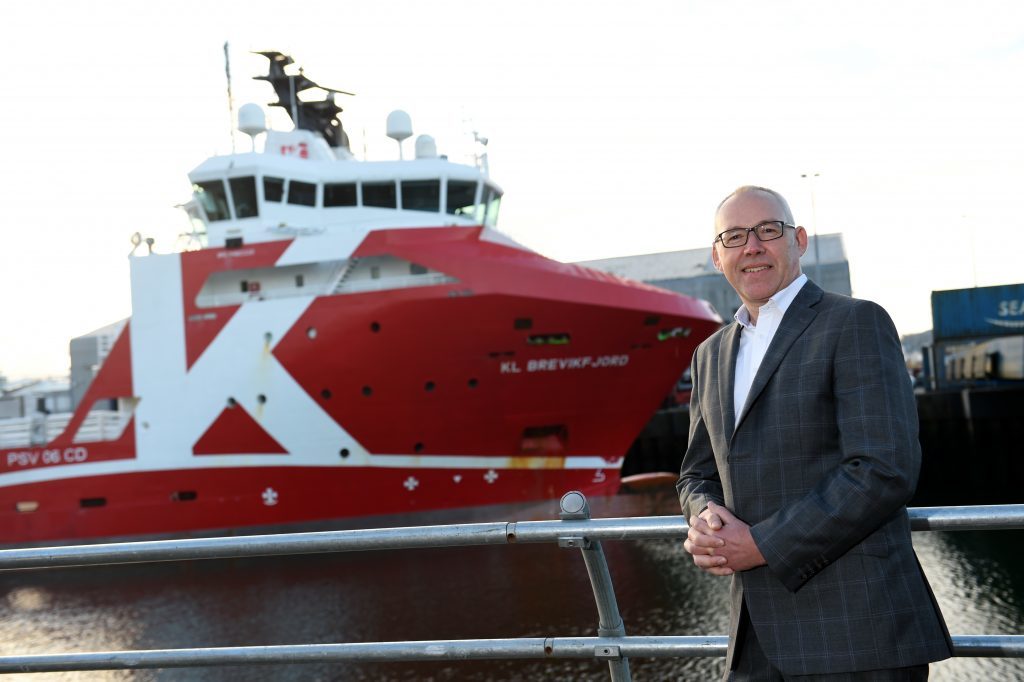
The North Sea economy has seen dramatic change in the last 36 months, from a period of frenzied activity on the back of unprecedented highs in the commodity value of oil followed by frantic measures to cut spend to reflect a falling unit price. This roller coaster ride has now been followed by a period of extended soft recovery where the industry grapples with the lower for longer scenario of present day oil economics.
It is interesting to reflect how this situation has materialised in the supply chain. While oil prices fell operators were quick to turn to their supply chain and seek immediate cost reductions. Rate cuts, as well as renegotiated contracts and tendering activities, have been experienced by all in the supply chain as operators attempt to rebalance their North Sea books. This activity has been repeated many times in the ensuing period with supplier margins eroded to nil and beyond in some cases.
Many companies in the supply chain have reacted quickly to demands placed upon them by their clients, and re-organised or restructured to reflect the market and the reduced demand for various services, enabling them to become more efficient and reflect this in the value of their services and goods. Some larger organisations and operators have perhaps not been so quick to react and change to provide efficiencies. And as I write this there are still some belated examples of restructuring in progress today, some 3 years into this downturn.
Supply chain “bashing” provided some quick wins in reducing costs and are part and parcel of achieving a cash positive and competitive basin. No doubt the supply chain had got fat and inefficient but continued simplistic measures that squeeze an already stressed supply chain are not the way forward for the industry. We do not see many examples of new ways of working through either true collaboration or through new technology, both of which are required to achieve real, sustainable value that will contribute to longevity in the North Sea and provide for a sustainable and robust supply chain. Latterly organisations such as the OGA and OGTC are promoting such change.
Traditional contracting and tendering methods are still evident, with operator organisations, in most cases, unable to change or adapt to new ways of working and perpetuating a lack of change, thereby missing out on potentially valuable efficiencies.
We are in a critical period for the North Sea where simple mechanistic efficiency measures have squeezed margins to their limit, and in some cases beyond. The whole supply chain, buyers included, must adapt to allow for intelligent purchasing of services and product delivery, divesting responsibility and empowering a collaborative supply chain. This requires parties on both sides of the purchasing equation to evolve their organisations to enable true and effective collaboration and cultures built on trust.
Sadly, in my eyes, there are only a few examples of where this is actually happening between operators and their suppliers. Positively though, where it is occurring it is evident that the results for both buyer and supplier are remarkable. For the former the savings can be over 50% of their previous contracted models and mechanisms purely through enabling efficient working. For the latter empowerment in their organisations and trust to deliver allows companies to grow their portfolio in a challenging market with those clients enacting change models.
For those companies able to embrace change the benefit and associated rewards are enormous. I fear for those that cannot. We must change the way we work to assure the future of the North Sea.
Recommended for you
